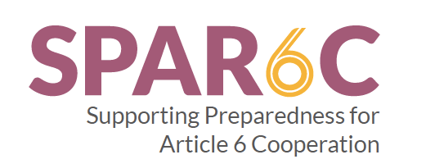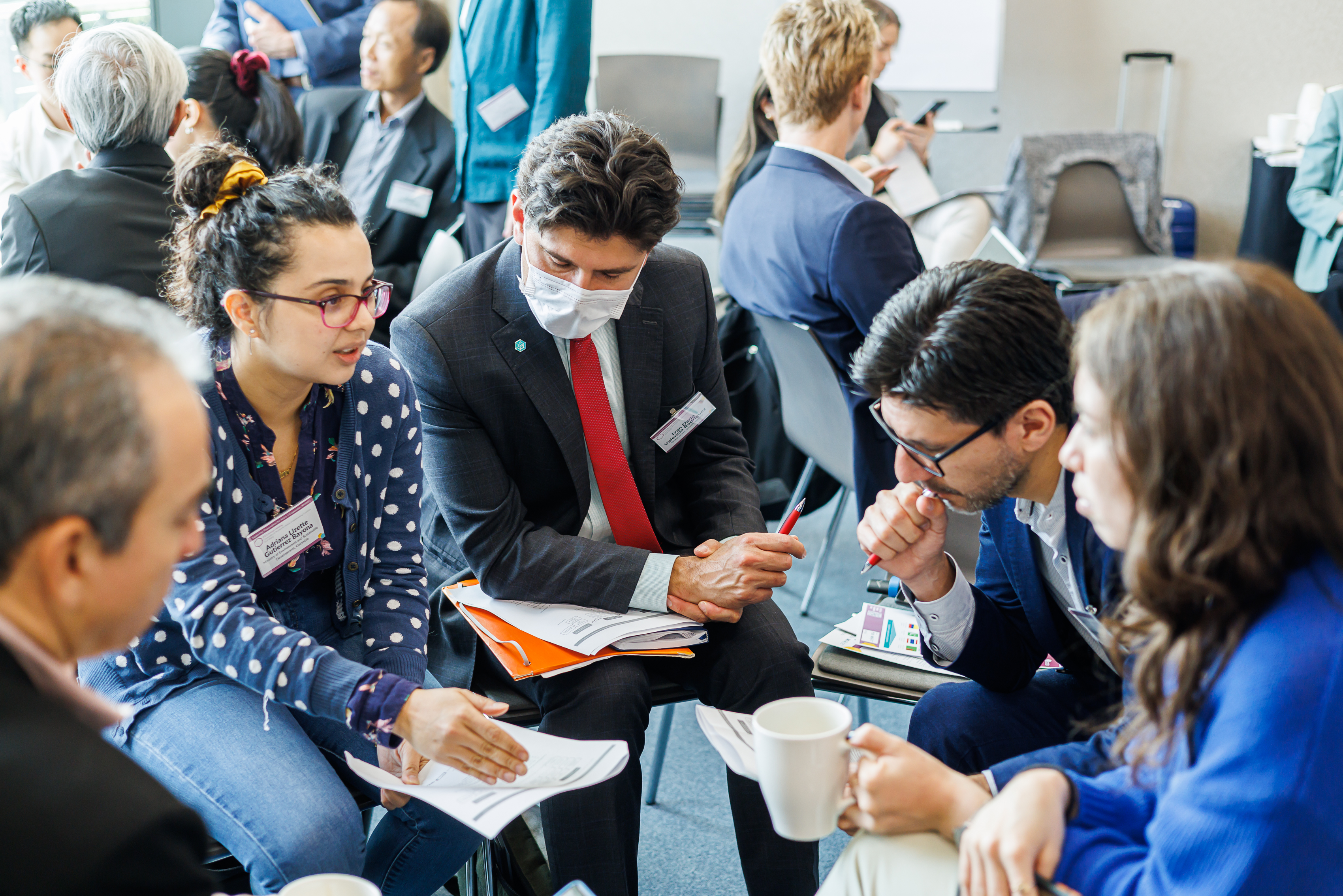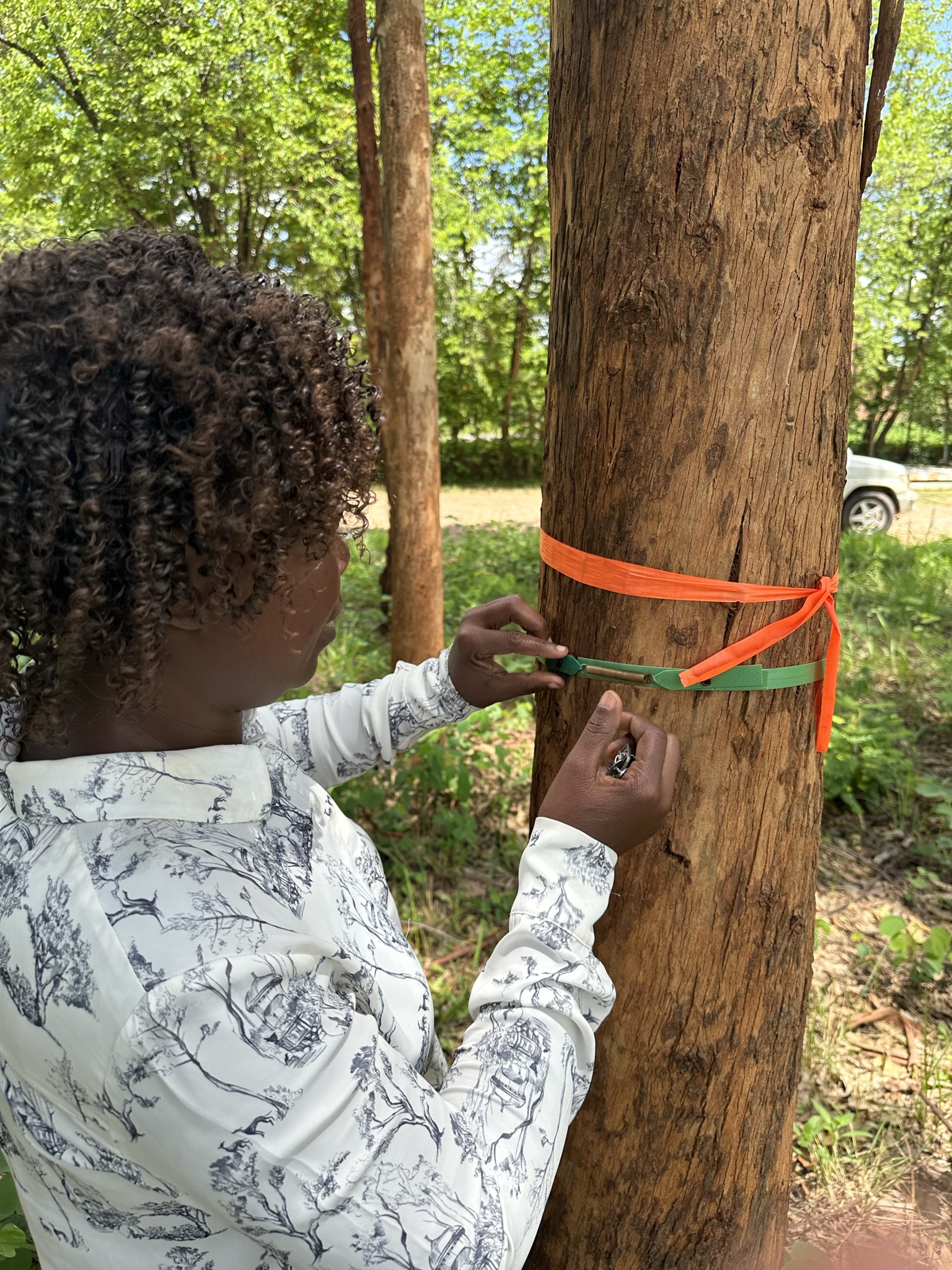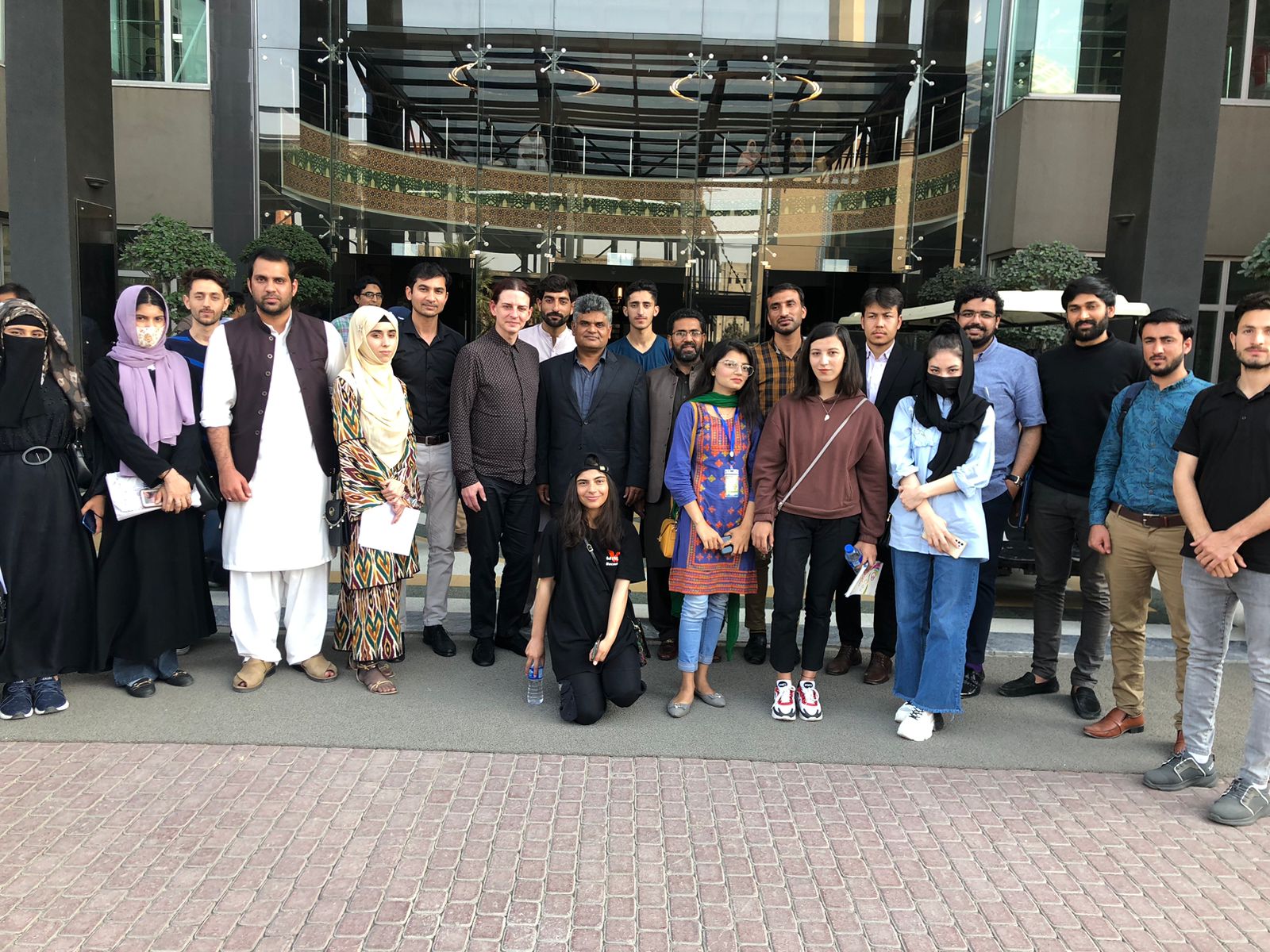Eight students from Colombia, Pakistan, Thailand and Zambia have joined a newly created mentorship programme on carbon markets as part of the Supporting Preparedness for Article 6 Cooperation (SPAR6C) programme.
Through the mentorship programme, the eight graduate students, two from each participating country (Colombia, Pakistan, Thailand, and Zambia), have the opportunity to work with international experts and learn to apply Article 6 of the Paris Agreement to themes in their masters’ research topics.
They are also awarded a six-month internship to implement their newly gained knowledge, potentially giving them an opportunity for a fast-tracked career in climate action.
Read more about the eight SPAR6C students and their research topics here.
A carbon market community of practice
SPAR6C is a five-year program aimed at advancing a network of stakeholders to contribute to sustainable practices of international carbon markets and to increase ambition in participating in carbon markets.
Included in this program is the Community of Practice for Article 6 Implementing Countries (CoP-ASIC), a platform for knowledge generation, knowledge sharing and knowledge implementation, co-led by GGGI and the UNEP Copenhagen Climate Centre.
The CoP-ASIC aims to build capacity through the engagement of students from the SPAR6C partner countries in the Research Mentorship Programme.
Building national capacity on a wide range of carbon market topics
The SPAR6C programme has set up national knowledge networks over the previous year to facilitate a connection between policy makers and academic researchers to build national capacity within the partner countries.
These national networks of academics adjudicated the highly competitive process of selecting the students for the mentorship programme, a process that included personal interviews for the top candidates. The selection criteria included the student’s future aspirations, their potential for success, quality of their application, the relevance it had to national priorities.
As such, the selected students have a wide range of cutting-edge research topics that will enrich knowledge and enhance the strategies for navigating carbon markets under Article 6 of the Paris Agreement.
Their topics cover a wide range of topics and approaches, from the social sciences, economics, environmental science, to engineering, industry, and business.



